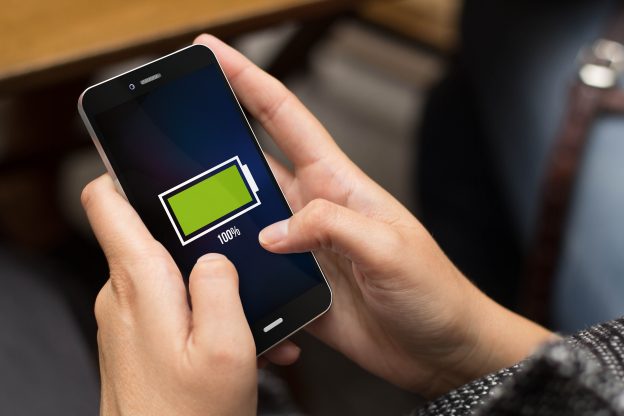Osram, Global Nature Fund and Light for Life are expanding considerably the Kenya off-grid project that was first launched in 2008. In future, residents of off-grid areas in the West of the country will be able to visit a total of eight solar-powered energy stations, so called “Water-Energy-Hubs” (“WE!Hubs”), where they will have access to environmentally friendly lighting, computers and clean drinking water.
There already exists three similar hubs, and the first station of the expansion phase was inaugurated on March 10th in Honge at Lake Victoria. “The expansion underlines the acceptance of our innovative approach for regions in which people don’t have access to the power grid. The project combines social engagement, environmental consciousness and economic viability in a unique way,” said Peter Laier, Managing Board member responsible for technology at OSRAM Licht AG.
Of the 30 million people in East Africa who live on the shores of Lake Victoria, most are “off-grid”, meaning they don’t have access to the power grid. They use kerosene lamps for lighting and in doing so expose themselves to constant fire and health risks. The use of such lanterns is also relatively expensive and results in high CO2 emissions. Against this backdrop, Osram and the Global Nature Fund, a German foundation dedicated to nature preservation, started the “Umeme Kwa Wote” (“Energy for all”) project in 2008. Since then, three solar-powered energy stations have been set up at Lake Victoria that enable access to clean lighting sources. Within the project, Osram acts as technology partner, while the Global Nature Fund coordinates the overall activities and also brings in its expertise regarding environmental issues in developing countries. The stations themselves are operated by Light for Life, a Kenyan social company that was founded by Thames Electricals Ltd. solely for this purpose.
The project is now being expanded by another five to a total of eight energy stations. Four of them are also located at Lake Victoria, a further one is located inland on a tea plantation in Kericho. At these “Water-Energy-Hubs”, residents can rent battery-powered luminaires and LED lanterns for a modest fee. Additionally, they can also obtain purified drinking water, surf the Internet or attend training and mentoring programs on entrepreneurship. The aim of these professional trainings is to help young Kenyan people to develop economic and social prospects for themselves.
Besides local households and small shops, the existing energy stations are primarily frequented by fishermen, who use the luminaires for night fishing. “The solar-powered lighting systems offer people in Africa a reliable and affordable alternative to kerosene lamps, which harm both the environment and the climate,” said Udo Gattenlöhner, Managing Director of the Global Nature Fund.
The project is being supported by the European Union and the Siemens Stiftung, a German foundation. The latter is also responsible for the professional trainings that are offered at the stations.







